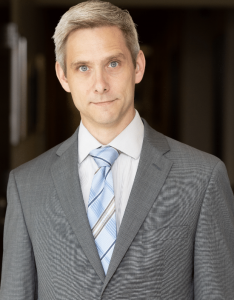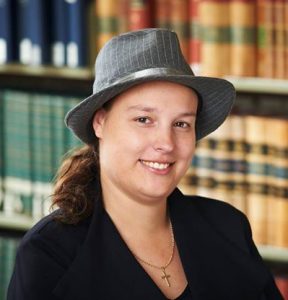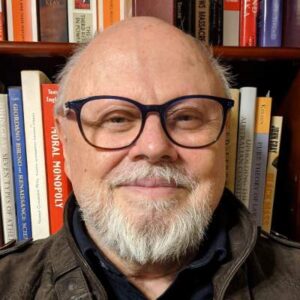Quarantines, Religious Groups, and Some Questions About Equality
 Christopher C. Lund is Professor of law at Wayne State University Law School
Christopher C. Lund is Professor of law at Wayne State University Law School
When the government imposes quarantine orders for public safety, shutting some places down and leaving other places open, how should it treat religious organizations and religious services? A natural answer is that religious organizations should be treated equally. And that makes sense. Equality is a solid moral principle, with wide-ranging appeal and deep roots in history and in law.
But equality is not self-executing. And the deeper one goes into these quarantine orders, the more that becomes apparent. We are trying to treat religion equally, but we don’t quite know how. I’m planning a longer piece that will go into more details. But for this blog post, let me simply try to demonstrate two things to you. First, quarantine schemes require judgments about the value of religious exercise—which is uncomfortable in a system like ours, which tries to keep the government out of such questions. And second, by insisting that all gatherings of all religious organizations be treated the same way, quarantine schemes become blind to genuine religious differences. We are deciding how much to restrict religious organizations in general by imagining what happens in a religious service, but our imagined religious service ends up looking a lot like a Sunday morning Christian worship service.


